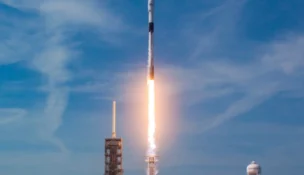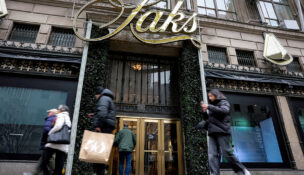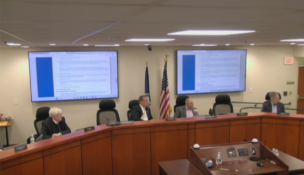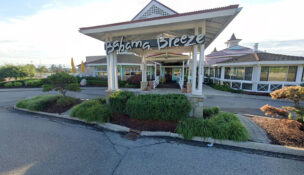Bills would give General Assembly authority for I-95 tolls
Virginia Business //January 24, 2013//
Gov. Bob McDonnell’s plan to add a $4 toll on Interstate 95 in southern Virginia has garnered bipartisan resistance from at least two delegates.
Democratic Del. Roslyn Tyler of Sussex and Republican Del. Christopher Peace of Hanover may not agree on much when it comes to politics, but both have introduced bills that would designate authority over such decisions to General Assembly approval.
McDonnell and the Virginia Department of Transportation are pushing for the proposal as means of generating millions of dollars to compensate for maintenance and repair costs. The VDOT says current funding is not sufficient to meet the restoration needs of the state’s most heavily trafficked roadway.
Tyler said her proposed legislation, House Bill 1460, would be her No. 1 priority this session. Her bill would amend the wording of the existing statute – which requires General Assembly approval for tolling on Interstate 85 – to also include I-95.
Peace’s bill, House Bill 2196, would create a statute requiring General Assembly approval prior to tolling on any roadway under the Interstate Highway System, with the exception of HOV and HOT lanes.
“The proposal the governor has come up with greatly burdens the folks that live in our region,” he said.
But the outcome of the plan could equate to more then sheer burden for Peace’s constituents. Adding hefty tollbooths to I-95 could be detrimental to rebuilding the economy, he said.
Under the proposition, trucks and other large vehicle would be charged $12 in each direction – something Peace said would directly harm the undertakings of small businesses, namely contractors, plumbers and electricians, whose work is contingent on I-95 for travel.
“Small businesses depend on accessing that road to service their customers,” Peace said.
Additionally, McDonnell’s plan to toll I-95 would call for the elimination of the gas tax.
“There’s better ways to do it,” Peace said.
Republican Del. Dave Albo of Springfield has suggested one of those ways. His proposal would provide more funding to transportation initiatives through a series of several changes to state and local tax rates. Rather than abolish the gas tax, Albo wants to increase it while slightly decreasing the state income tax to offset the expense for consumers.
i


















